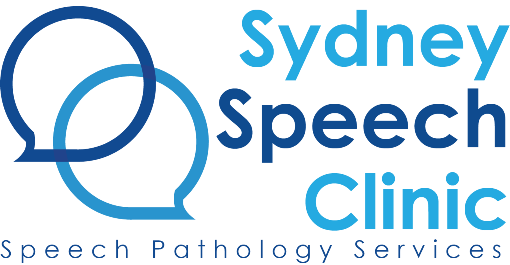
1Do I need a referral for therapy from my GP?
No. Simply contact the clinic to discuss your child’s needs and arrange your appointment as necessary. Some children may be eligible for partial Medicare rebates in which case a GP referral is required.
2How long will I have to wait for an appointment?
In most cases you will be offered an initial appointment within two weeks. In the event that we are unable to accommodate you, a list of other local Speech Pathologists will be provided.
3How long is each therapy session?
Therapy sessions are generally between 45 minutes and 60 minutes long depending on the age of your child and the purpose of the appointment. Assessments generally take longer than an average therapy session.
4How often will I need to come for therapy?
This really depends on the nature of the problem and the level of concern. We will be happy to discuss this with you and make recommendations regarding this once we know you and your child better. In most cases once weekly therapy sessions for a set period of time is recommended (for example, 45 mins per week for 8 weeks to work towards a specific goal). In most cases you will also be given a few activities to practice at home.
5How long will therapy take?
It is never easy to predict treatment length since many factors influence the success of therapy. Depending on the nature and severity of the difficulty your child has, therapy could last from just a few weeks to a number of months. Children with complex needs may need longer term support. If this is the case, the management plan will be discussed and the number of therapy sessions agreed with a review date for future decision making.
6Will my child enjoy their therapy sessions?
Yes! Most children love their therapy sessions and if they don’t then we would need to problem solve the reasons why. Therapy should never be an unpleasant experience. Young children learn through play and therapy goals are often ‘disguised’ in a game or activity. It may just look like we are playing but there are always specific rationales and goals behind the activity. For older children there are always opportunities for fun activities alongside the more structured tasks. Rewards, such as earning ipad time at the end of a session, are usually great motivators! Always ask your therapist if you are unsure about the goals of a session. Your child’s successes will be positively reinforced and they should always leave a session feeling successful and positive.
7How can I help maximise my child's response to therapy?
Seeking help for your child early is very important as early intervention is proven to lead to best outcomes. However, it is never too late to commence therapy and work towards goals.
If your child is participating in a therapy program, then supporting them at home by carrying out the homework your therapist gives you will maximize their progress. This will also help your child develop their skills more quickly and may reduce therapy time and costs too! Encouragement and praise is vital and techniques to use to raise their awareness and offer praise for their learning will form part of the feedback for you during the therapy process.
